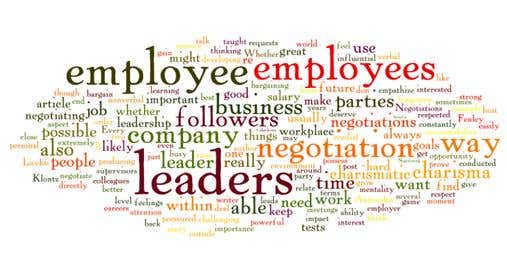Human resource management is one of the most important departments that small businesses cannot do without. After all, the success of any business venture is dependent on its employees, from the lowest level to management. While startups may not have the capacity to hire a large number of experts for different tasks, it's still important that they have an active HR department.
In most cases, HR managers of small businesses have cited three main challenges: employee retention and remuneration, leadership development, and talent acquisition. Unless you find the best way to solve these challenges, the company’s growth will tremendously be affected.

Talent Acquisition
Unemployment is a major global concern. With millions of people unemployed across the globe, it can be assumed that there is sufficient supply of human resource, but nothing can be far from the truth. Attracting the right talent to a small company is one of the trickiest assignments human resources personnel have to deal with. To hire a sufficiently educated and experienced expert in any field, you must offer an attractive package. Good, experienced professionals are likely to already be engaged elsewhere, and the challenge is to convince them to quit their current job to take on what you're offering. This will definitely mean better terms of service, but with limited resources, you might not be able to meet such expectations.
To deal with this challenge, you can offer something they might not have, such as a better culture, flexible work arrangements, a higher title, and other benefits. Furthermore, the workload may be possibly less in your company, so they can have a few free hours a week to engage in something else of their choice.
Employee Retention and Remuneration
Attracting an employee is one thing; retaining a good one is a whole different ballgame. Most people can only work for companies that promise them a future. Some employees are more comfortable earning a less-than-ideal pay so long as there are possibilities of better offers in the future.
Unfortunately, not many startups experience steady growth. They have to go through difficult times, deal with competition, and may even have to force employees to go without pay for weeks due to “bad business.” This is why it's important that the company has a shared vision with its employees. If you employ someone passionate about the business, then common problems are less likely to compel them to search for alternative employment. Create a sense of ownership in employees so that they feel your challenges are as good as their own. They will stick with you, believing that things will get better. Don’t hire someone whose only motivation is better pay.

Leadership Development
Developing the next generation of leaders for a small company is another common challenge. Everyone wants consistent career growth. Can you identify and nurture future leaders from within the current workforce as opposed to sourcing externally? You might have to introduce a number of trainings to equip your staff with the right skills to move the company forward.
Note that the competition will always be looking for the best in the industry. It is therefore paramount that you nurture future leaders despite the challenges. A position doesn’t have to come with huge financial benefits, but if you can make it possible for anyone to take up any position in an organization, all employees will be motivated to give their best.
Small businesses must be strategic, especially when they have to make do with less resources. HR is very sensitive and a high employee turnover will hurt the business as you risk wasting time and resources on constantly having to train new employees.